
The University of Granada, the companies VitaNtech Biotechnologies and Gis4Tech, Hidralia (which owns 49% of Emasagra) and the Provincial Council have obtained 59,0000 euros of funding thanks to the call for Research Projects on SARS-CoV-2 and Covid-19 disease launched by the Junta during a state of alarm to develop a project to track the presence of coronavirus at neighbourhood, street or building block level by analysing wastewater. At the same time, the Administration has given the green light to the creation of the Andalusian Wastewater Surveillance Network as an early warning indicator of the spread of the pandemic.
According to researcher Maximino Manzanera, "in this war against Covid-19, one of the keys is to find the enemy as soon as possible". Infected people release the SARS-CoV-2 virus into wastewater even though they do not know they contain it because they are asymptomatic, says Manzanera, who is participating in the project through the UGR spin off VitaNtech. This company, together with the other members of the project, "combine their efforts to geolocate the virus using a combination of molecular and high-tech mapping techniques".
Manzanera points out that current detection systems are very sensitive, but they require "clean samples", a characteristic that wastewater does not meet. The project he is working on makes it possible to find genetic material of the virus in these remains. A model developed by researchers at the School of Civil Engineering will allow the presence of genetic material to be weighed up. "The analysis of a home is not the same as that of a housing estate, a model also has to be made to establish the amount of water per number of inhabitants, and even the amount of water varies depending on the time of day. This model will have to be validated on the ground. To do this, Manzanera says it would be of interest to analyse water related to populations where there has been an outbreak. The project will last a year and, after its conclusion, the idea is to have a prototype detection system that, in the longer term, can be used by the health sector in new cases. "We want it to be used to detect pathogens in the future," says Manzanera.
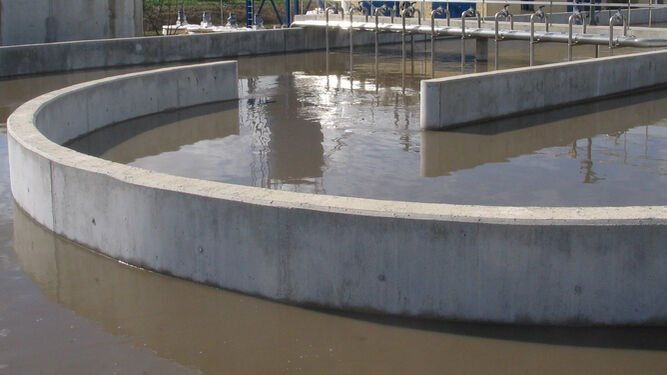
Outbreak alert network
In addition to this research project, the Junta, through the Consejería de Salud y Familias, has created a network for warning of outbreaks through the measurement and analysis of wastewater. Samples will be taken at control points in the sewage network associated with the different health areas of the cities, "for the analysis of genomic units of SARS-CoV-2 as well as other additional parameters," details the announcement of the creation of the network. This genetic material "as an early warning epidemiological indicator" could be "of great use for future incidences of the disease", acknowledges the Regional Ministry. So much so that they are even working on a European network. From Granada, Manzanera stresses that he is in contact with a group from Finland to develop his project.
In the Official Gazette of the Andalusian Regional Government (BOJA), which gives shape to the constitution of the aforementioned alert network, it is also highlighted that "within our community, city councils such as Seville, Cordoba, Malaga and Granada, together with their municipal water companies, are joining this initiative to varying degrees".
Analysis of the presence of genetic material in sewage faeces allows "targeting of measures in more specific areas, even allowing a targeting of containment measures", in relation to possible confinement or restriction of movement.
Another advantage is speed, as the network "will allow the visualisation of the distribution in real time by areas of the city in anticipation of test results in patients". No less important is that it would be possible to locate asymptomatic or even "pre-asymptomatic" patients. All this would "reduce the possibilities of community transmissions in a municipality" and reduce confinement measures, as they would be applied with almost surgical precision. The Regional Ministry plans to establish a coordination procedure between administrations, create the network itself in collectors and wastewater treatment plants (WWTP), establish a prediction model (as the UGR is working on) and integrate the data in a common repository.
Each municipality must set up a technical monitoring committee, which in the case of the city of Granada and its belt will include a representative of Emasagra. The first one in spring and summer and the second one in autumn and winter, when it is expected that more frequent sampling will be necessary. These points will take into account the presence of people over 65 years of age, the presence of old people's homes, the incidence of Covid in these months, whether it is a tourist area or whether it is a "disadvantaged" area.


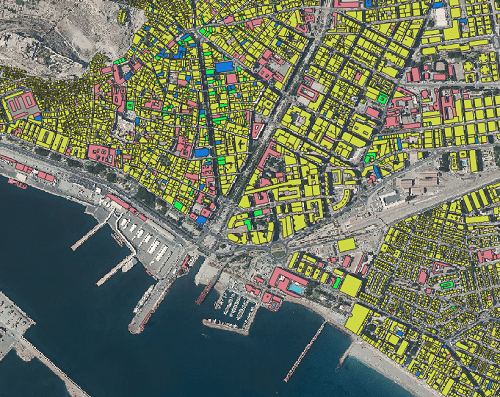

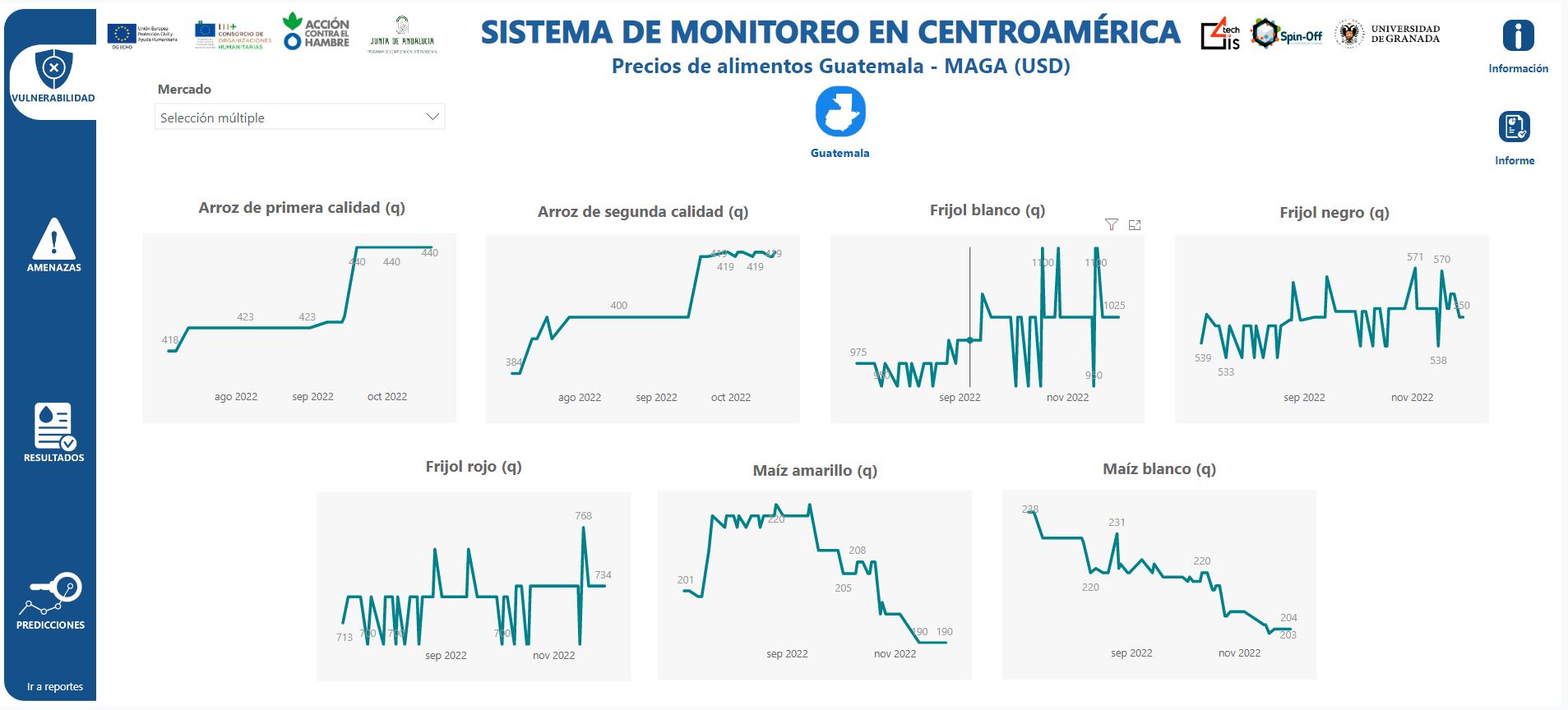
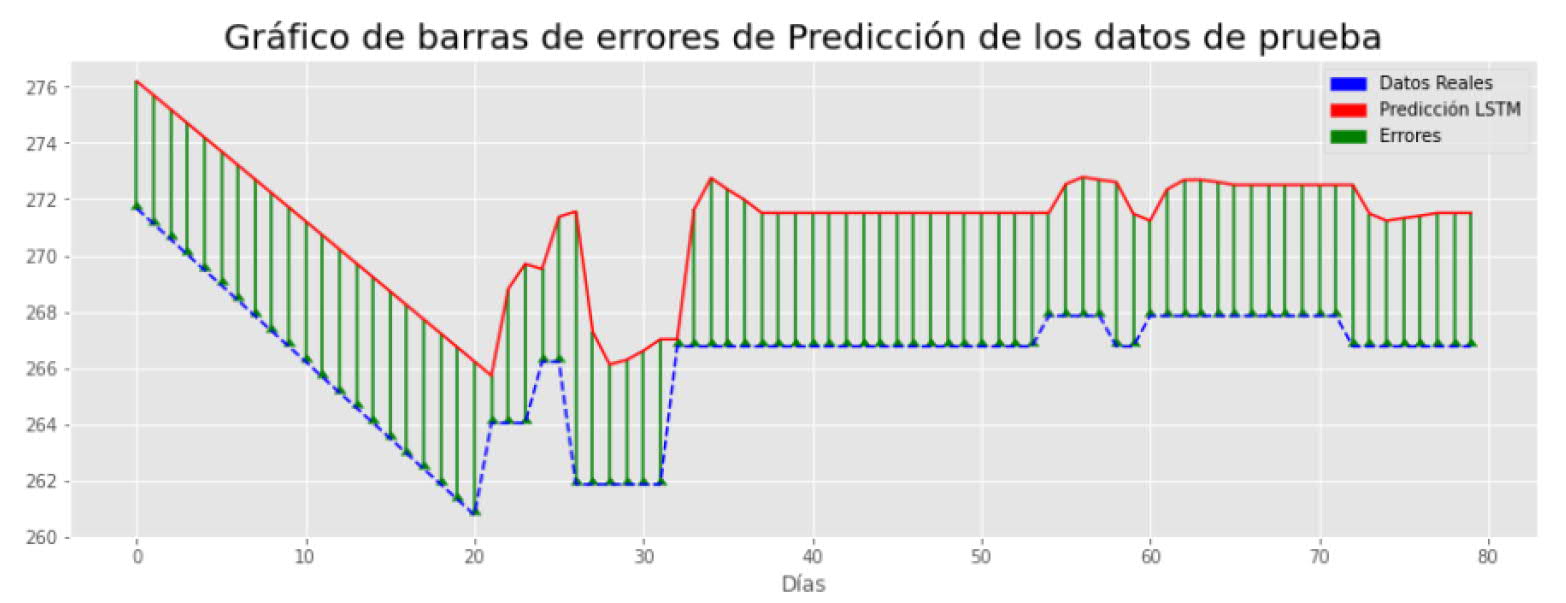
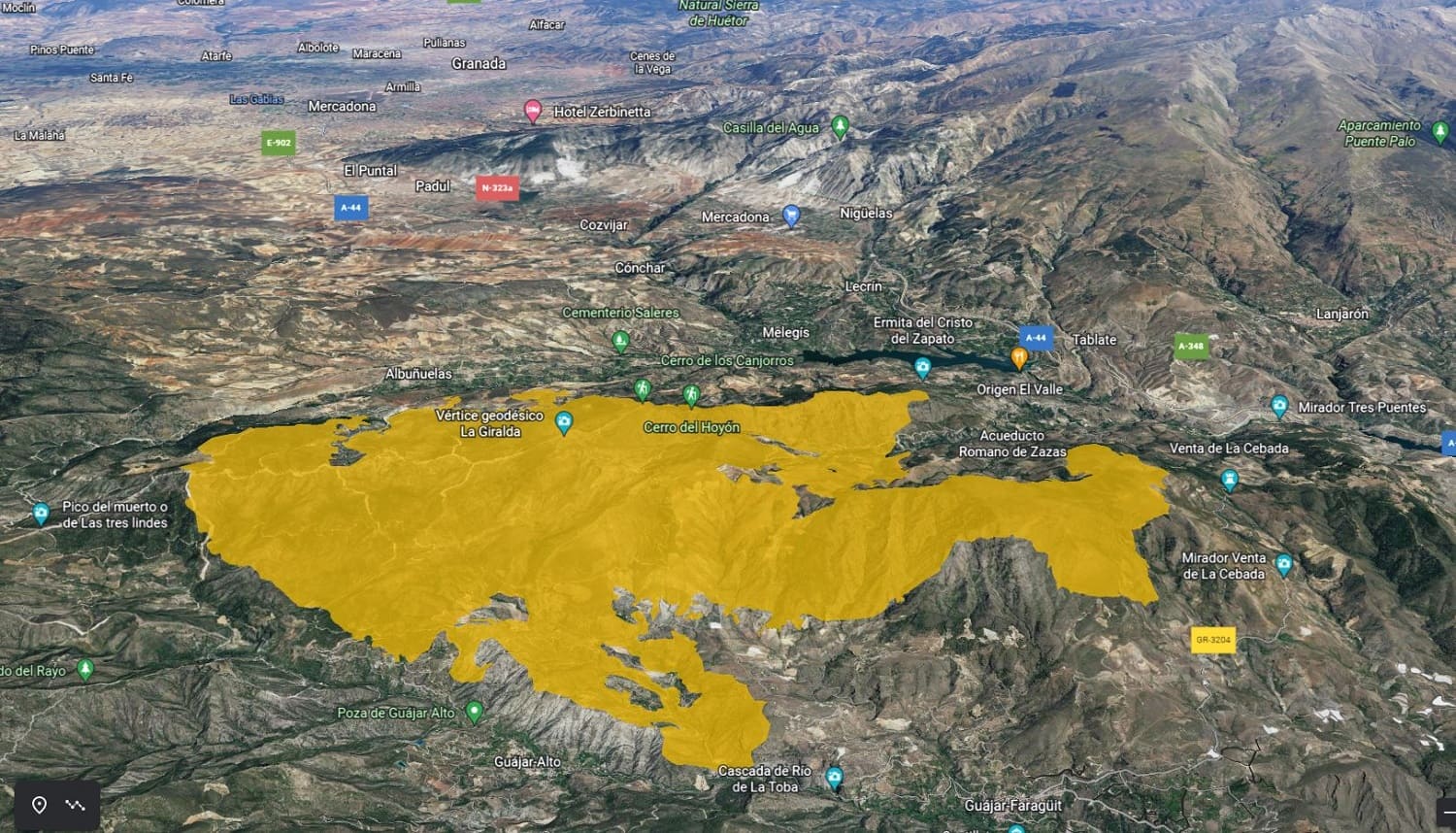
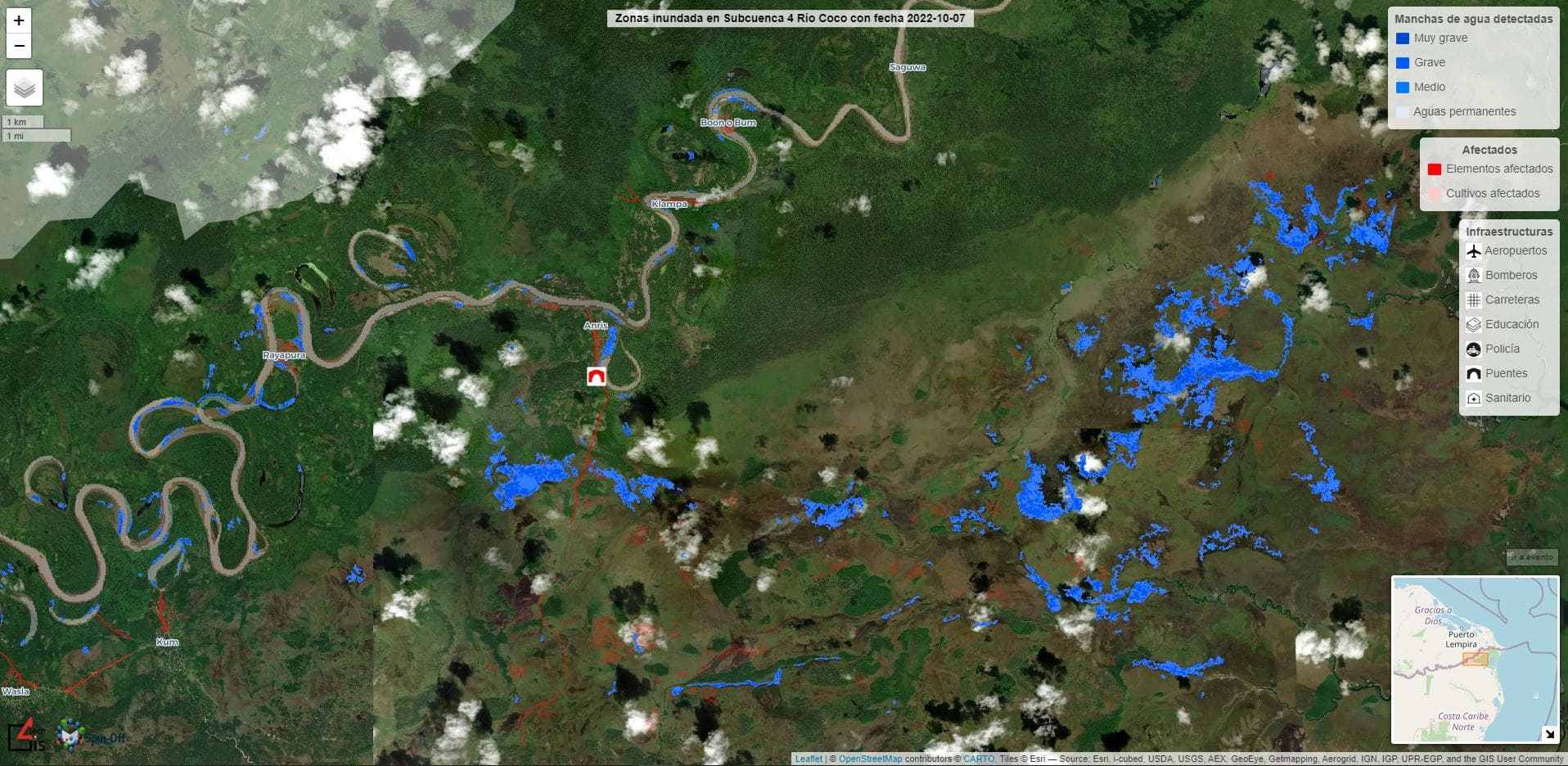
The information in this article has been obtained from the following newspaper Granada Hoy
Correo electrónico: info@gis4tech.com
